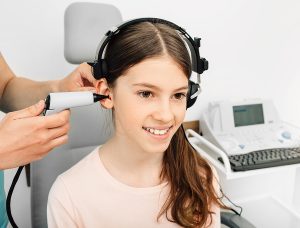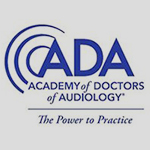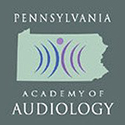Causes of Auditory Processing Disorders

Effective communication has two key components: First, the ears must be able to hear spoken words, and second, the brain must be able to recognize and interpret the sounds that were heard. Auditory processing disorders (APDs) interfere with the brain’s ability to convert those sounds into usable information.
Because an undetected APD can hinder communication and take away from quality of life, an early diagnosis is critical. The pediatric audiology specialists at Hearing Smile Professionals in Lancaster, Pennsylvania, perform comprehensive APD evaluations using highly tuned and calibrated hearing instruments in a soundproof room. The results can help us rule out or diagnose an APD and, if needed, create a customized therapy plan to manage it.
Behavioral Signs of APDs
Recognizing behavioral signs of APDs can facilitate early intervention. Children with APD may exhibit heightened sensitivity to noise, becoming easily overwhelmed or distracted by background sounds. They often rely heavily on visual cues for comprehension, such as lip-reading or written instructions, to compensate for their auditory processing difficulties. Maintaining attention during auditory tasks can be challenging, leading to frequent requests for repetition or clarification.
Are APDs the Same as Hearing Loss?
Distinct from hearing impairments, APDs are neurological issues that cause a delay or distortion in the transmission of auditory signals, leading to a poor ability to filter sounds and process words. Although the resulting communication problems are often misattributed to hearing loss, most children with an APD have normal hearing and typical audiograms.
The causes of auditory processing disorders are not fully understood, and in many cases, a specific cause cannot be identified. However, some children who are diagnosed with an APD also have or had:
- A family history of APDs
- A premature or traumatic birth
- A history of ear infections
- An extremely high fever at a young age
- Jaundice (hyperbilirubinemia)
- A concussion or traumatic brain injury
The Importance of Early Detection and Treatment
ADP therapy differs from speech-language therapy, and the right type of intervention is essential to effectively address the underlying cause of a child’s listening and learning problems. Any child who has difficulties understanding speech, remembering what they heard, and/or tolerating noise may benefit from an APD evaluation.
Social and Emotional Effects of APDs
The social and emotional implications of APDs are profound. Individuals with APD may experience feelings of frustration and isolation due to their communication difficulties. Misunderstanding conversations or missing verbal cues can lead to awkward social interactions and a sense of being misunderstood or left out. These challenges can erode self-esteem and contribute to anxiety or depression. Children with APD might avoid social situations or struggle to make and maintain friendships, highlighting the need for supportive interventions to help them navigate social landscapes and build confidence in their communication abilities.
If you are a parent or teacher of a child who is exhibiting signs of an APD, contact Hearing Smile Professionals to schedule a comprehensive auditory processing disorder evaluation in Lancaster, PA. We can provide the personalized guidance and support your child needs to overcome their APD symptoms, regain their confidence, and succeed—even in challenging listening environments.



